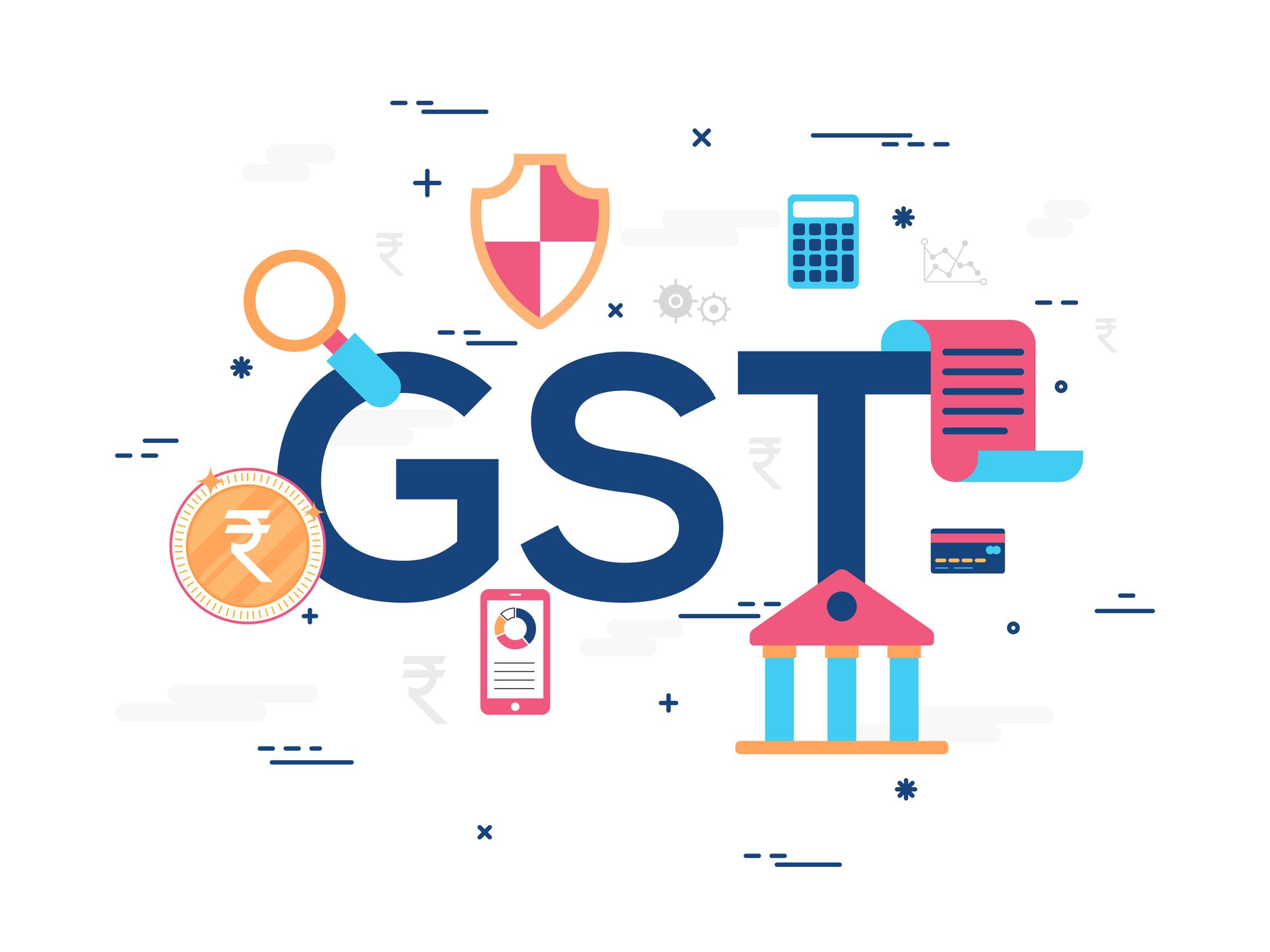Singapore GST Registration: What You Required to Know Before Applying
Singapore GST Registration: What You Required to Know Before Applying
Blog Article
The Ultimate Overview to Simplifying the GST Enrollment Refine and Demands for Small Company Owners

Comprehending GST Essentials
To comprehend the principles of the Item and Solutions Tax Obligation (GST) system, small company proprietors must initially comprehend its underlying ramifications and concepts. GST is a value-added tax levied on a lot of products and services for domestic consumption. It aims to simplify the taxes process by changing several indirect tax obligations imposed by the state and central federal governments. Under the GST program, services are called for to accumulate and register tax obligation in support of the government, making sure openness and compliance.
Among the key concepts of GST is input tax obligation credit history, which enables services to declare credit scores for taxes paid on their acquisitions. This mechanism stops the cascading impact of tax obligations and promotes effectiveness in the tax system. Additionally, GST is a destination-based tax, suggesting that the tax obligation is levied at the factor of intake rather than the factor of origin. This ensures reasonable circulation of tax income amongst states based upon where the products or solutions are taken in. Recognizing these standard principles is vital for local business owners to navigate the complexities of the GST system and make sure compliance with the legislation.
Qualification Standards for Registration
Having established a fundamental understanding of GST concepts, small organization proprietors should currently meet details eligibility standards to wage the registration procedure. In India, entities took part in the supply of items or solutions with a yearly aggregate turn over surpassing Rs. 40 lakhs (Rs. 10 lakhs for special group states) are called for to sign up for GST. In addition, particular businesses such as those included in inter-state supply of products, informal taxed individuals, and those called for to pay tax under the reverse fee system need to register for GST irrespective of their turn over. Organizations that were registered under the previous tax obligation program (VAT, service tax, and so on) are likewise mandated to register under GST. Agricultural organizations that only supply create out of primary manufacturing are exempt from GST enrollment. It is critical for company owner to thoroughly analyze their eligibility based upon these requirements to ensure conformity with the legislation and stay clear of any type of fines for non-compliance.
Documents Required for GST Enrollment

Simplified Registration Refine Actions
Adhering to the collection and confirmation of the requisite documents, the registration process for GST can be navigated with a collection of streamlined steps made to help with effective conformity for little organization proprietors. Upon effective verification, an Application Recommendation Number (ARN) is released, showing the completion of the GST registration process. By following these simplified steps, small company owners can successfully sign up for GST and make sure Look At This conformity with tax obligation guidelines.
Tips for Ensuring Conformity
To preserve governing adherence and functional honesty, diligent oversight and proactive steps are pivotal in ensuring conformity with GST needs for small company proprietors. Little company owners should stay updated with GST policies, filing deadlines, and any changes in tax rates to stay clear of penalties and maintain a good standing with tax obligation authorities. Participating in GST recognition workshops or training programs can boost understanding and conformity with GST guidelines, eventually benefiting the business in the long run.
Conclusion
To conclude, tiny organization proprietors should understand the basics of GST, fulfill the qualification requirements, gather required documents, and adhere to the streamlined registration procedure actions to make sure compliance. By simplifying the GST enrollment procedure and demands, little company owners can avoid fines and operate their companies smoothly within the lawful framework - Singapore GST Registration. It is essential for small organization owners to remain certified and educated with GST regulations to preserve a successful organization sites operation
Tiny company owners seeking GST enrollment have to ensure they collect and submit the essential papers to finish the registration procedure efficiently. The documents required for GST enrollment generally include proof of organization registration or unification, PAN (Irreversible Account Number) card of the company identification, entity and address evidence of the promoters/partners/directors, photographs, address evidence of the place of company, financial institution account declarations or terminated cheques, and consent forms. Going to GST awareness workshops or training programs can enhance understanding and conformity with GST regulations, eventually profiting the company in the lengthy run.
By streamlining the GST enrollment process and demands, tiny business owners can prevent charges and run their businesses smoothly within the lawful structure. It is essential for little organization proprietors to stay certified and enlightened with GST regulations to keep a successful organization operation.
Report this page